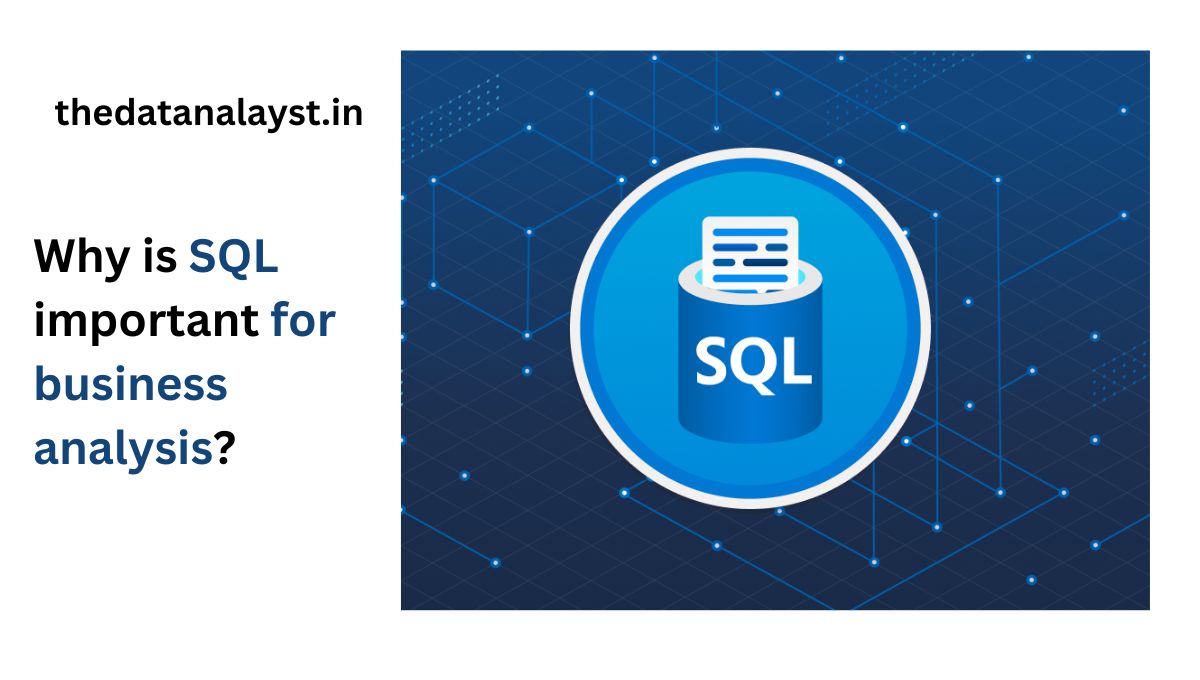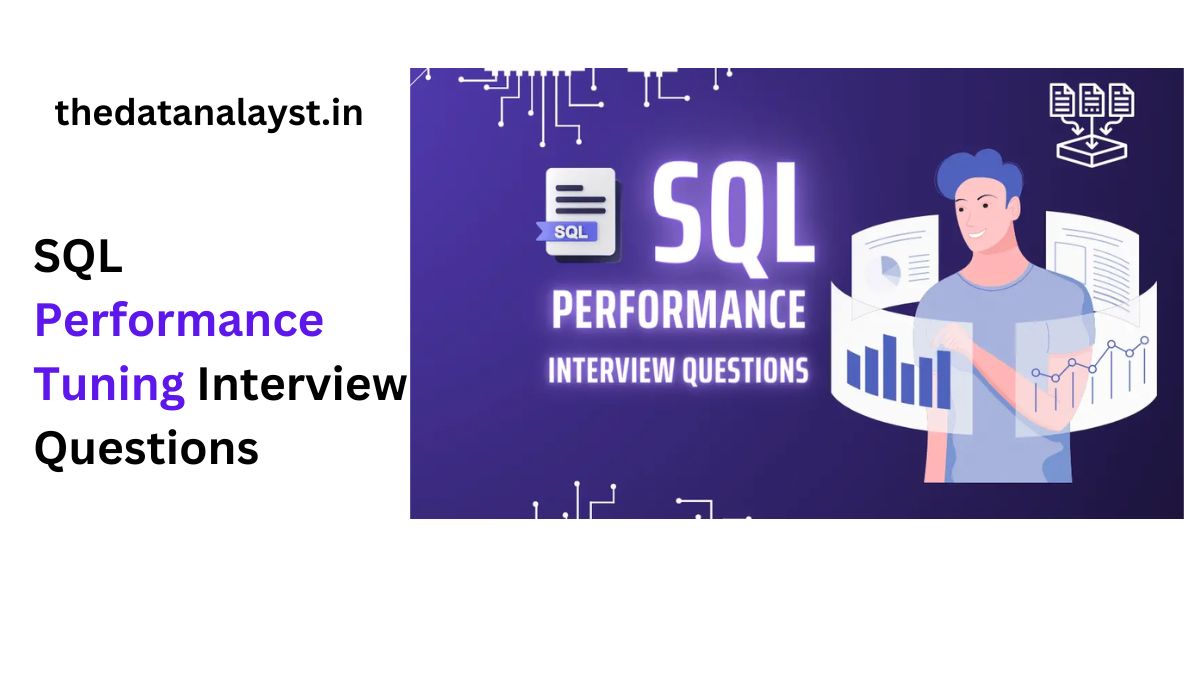A freight management business analyst plays a crucial role in the logistics industry.
They are responsible for analyzing freight data, identifying trends, and propose future trends in pricing and costing in it.
This role requires a combination of analytical skills, business acumen, and a deep understanding of the freight industry.

Freight Management Business Analyst job description & salary
A freight management business analyst also have similar responsibilities to a business analyst in another domain , but he needs focus on the KPI reports as the freight and logistics industry.
Here are some responsibilities a freight analyst needs to fulfill.
- Data Analysis: Gathering, cleaning, and analyzing freight data from various sources.
- Process Optimization: Identifying inefficiencies in freight operations and proposing solutions to improve efficiency and reduce costs.
- Reporting: Creating comprehensive reports on freight performance, including key performance indicators (KPIs).
- Risk Management: Assessing and mitigating risks associated with freight transportation.
- Technology Implementation: Evaluating and implementing new technologies to enhance freight management processes.
What are the important skills for Freight Management Business Analyst
Now let us discuss some important skills that you must to become a amazing business analyst.

- Analytical Expertise: The ability to analyze complex data sets, identify trends, and extract actionable insights to improve freight operations and decision-making.
- Advanced Problem-Solving: Proficient in tackling challenges within freight management, optimizing processes, and implementing effective solutions that drive efficiency.
- Technical Skills: Expertise in using freight management systems, advanced data analysis software, and programming languages like SQL and Python to streamline logistics operations.
- Industry Knowledge: Deep understanding of the freight and logistics industry, including supply chain management, to ensure smooth and cost-effective operations.
- Effective Communication: Strong communication skills to collaborate with cross-functional teams, from operations staff to senior executives, ensuring clarity and alignment across the organization.
Salary of Freight management analyst
The salary for a Freight Management Business Analyst in the U.S. can vary based on factors such as experience, geographic location, company size, and industry.
On average, entry-level analysts earn between $55,000 and $65,000 annually, while more experienced professionals can command salaries ranging from $75,000 to $100,000 or higher.
Those with advanced skills, leadership roles, and certifications like the Certified Supply Chain Professional (CSCP) can earn significantly more, with top analysts and managers making upwards of $140,000 per year in larger organizations or high-demand industries.
Factors affecting salary:
- Experience: Professionals with extensive experience and in-depth knowledge of freight management often earn higher salaries, reflecting their expertise in the field.
- Location: Compensation can vary significantly by region. Major logistics hubs like New York, Los Angeles, and Chicago typically offer higher pay due to the cost of living and demand for skilled professionals.
- Company Size and Industry: Larger organizations and industries with substantial profit margins, such as e-commerce and manufacturing, tend to provide more competitive salaries for freight management roles.
- Certifications: Earning industry-recognized certifications like the Certified Supply Chain Professional (CSCP) or Certified in Logistics, Transportation, and Distribution (CLTD) can enhance career prospects and increase earning potential.
Career Options For a Freight management business analyst
A typical career hierarchy for a Freight Management Business Analyst might look like this:
- Entry-Level Analyst: Focuses on basic data analysis, generating reports, and supporting operational decisions with data-driven insights.
- Senior Analyst: Manages more complex analytical projects, identifies key trends, and may lead smaller teams or initiatives within the freight analytics department.
- Lead Analyst: Oversees multiple analytics projects, mentors junior team members, and plays a pivotal role in shaping data strategies that drive operational improvements.
- Manager of Freight Analytics: Leads a team of analysts, setting the direction for freight analytics efforts, ensuring data accuracy, and aligning analytical initiatives with business goals.
- Director of Supply Chain Analytics: Heads the analytics division, managing multiple teams and delivering high-level strategic insights that enhance supply chain performance and decision-making across the organization
Career Chain of Freight Analyst
The career level hierarchy will look something like as below
1- Entry-Level Analyst: In this starting role, you’ll focus on data analysis, freight operations, and reporting. This position allows you to build foundational skills, including interpreting logistics data and supporting business decisions.
Average Salary: $55,000 – $65,000 per year.
2 – Senior Analyst: As you advance, you’ll develop expertise in areas such as transportation optimization, cost-saving strategies, or risk management. You’ll work on more complex projects and provide key insights to improve freight operations.
Average Salary: $75,000 – $85,000 per year.
3 – Lead Analyst: Transitioning into leadership, you’ll mentor junior analysts, oversee multiple projects, and shape the company’s freight analytics strategies. This role involves ensuring data accuracy and driving process improvements.
Average Salary: $90,000 – $100,000 per year.
4 – Manager of Freight Analytics: In this role, you’ll lead a team of analysts, aligning analytics efforts with broader business objectives. You’ll be responsible for strategic decision-making and optimizing freight processes to improve efficiency and reduce costs.
Average Salary: $110,000 – $125,000 per year.
5 – Director of Supply Chain Analytics: At the highest level, you’ll oversee multiple teams and provide strategic leadership across supply chain analytics. You’ll drive innovation, shape long-term logistics strategies, and deliver insights that impact the entire organization.
Average Salary: $140,000 – $160,000 per year
Checkout – How to Become Supply Chain Analyst
Conclusion
A freight management business analyst is just like any other business analyst but he has to focus more on the skillset needed for logistic or transportation industry .
He needs to focus more on the KPI for transportation industry.
By understanding the role of a freight management business analyst, the essential skills required, and the career opportunities available, you can make an informed decision about pursuing this rewarding profession.
Frequently Asked Questions About Freight Management Business Analysts
What is the salary range for a freight management business analyst
The salary for a freight management business analyst varies depending on factors such as experience, location, and company size. However, the average salary is competitive and can be quite lucrative.
What qualifications are required to become a freight management business analyst?
A bachelor’s degree in logistics, supply chain management, business administration, or a related field is typically required. Additionally, experience in the freight industry and certifications like Certified Supply Chain Professional (CSCP) can be beneficial.
What are the career prospects for a freight management business analyst?
Career prospects for freight management business analysts are promising due to the growing importance of efficient logistics and supply chain management. With experience and expertise, individuals can advance to senior roles or pursue entrepreneurial ventures

